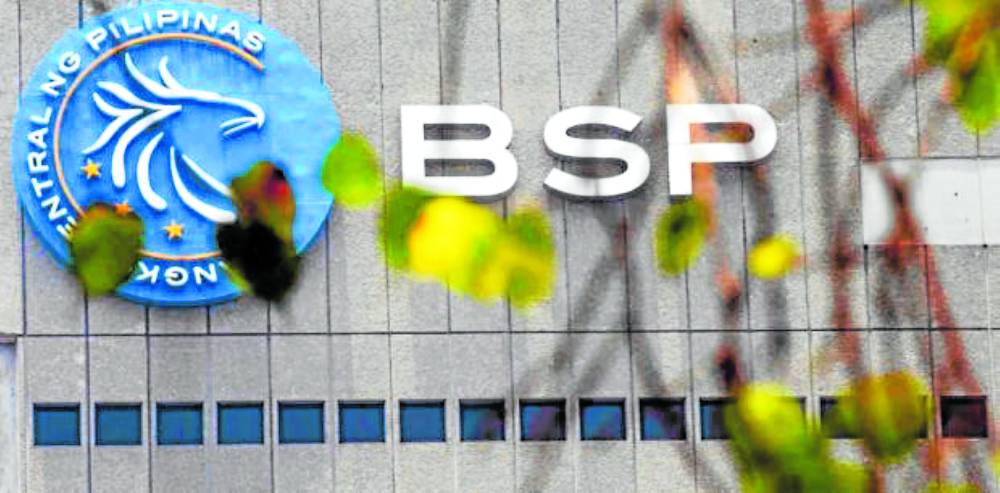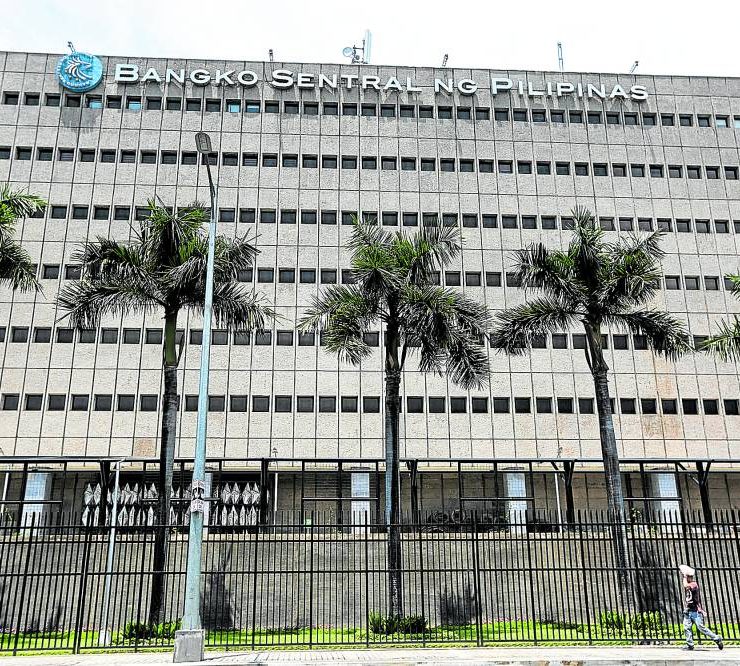Despite typhoon damage, BSP says rate cut still ‘possible’ on Aug. 15

Inflation might have already peaked in July despite possible upward price pressures that may spill over into the next months because of the recent supertyphoon, Bangko Sentral ng Pilipinas (BSP) Governor Eli Remolona Jr. said, while maintaining that a rate cut this month is still on the table.
Speaking to reporters on Wednesday night, Remolona said the impact of Supertyphoon “Carina” (international name: Gaemi) on consumer prices would likely have “lag effects” that may not influence yet the July and August inflation data.
Latest government figures showed that the powerful storm and the intensified monsoon rains in late July had destroyed P1.21 billion worth of farm output, threatening to stoke food prices. The typhoon-induced lag effects on inflation can be “significant,” but the BSP chief said he’s staying “less hawkish” and won’t rule out yet the possibility of a rate reduction at the Aug. 15 meeting of the Monetary Board (MB).
“I think [a rate cut on] Aug. 15 is still a possibility. Of course, it will depend on the numbers,” Remolona said, adding that the MB would also look at other data points apart from the July inflation print before making a move.
“It’s a tricky thing because we’re so close to the point where we might be getting to below capacity,” he added.
Bracing for July price surge
The central bank is expecting the July inflation figure that will come out on Aug. 6 to settle within the range of 4 to 4.8 percent. That projection suggests that there’s a big chance for inflation to overshoot its 2- to 4-percent target range, which Remolona described as a “small jump” due to distortions from base effects.
The BSP chief earlier said a potential breach of the inflation target in July had been taken into account when he gave clearer signals of a rate cut in the third quarter.
Amid expectations of a rate cut in August, Remolona also said the MB is “seriously” debating whether to keep or remove the cap on credit card charges. The maximum interest rate on unpaid outstanding card balance is currently set at 3 percent per month or 36 percent a year. The BSP reviews the ceiling every six months.
“It’s being discussed very seriously—not so much to lower the cap, but whether to keep it,” Remolona said.
Time to ease
At the MB’s policy meeting last June 27, the overnight borrowing rate was kept at 6.5 percent, the highest in more than 17 years.
Back then, the BSP chief said it was “somewhat more likely” that the central bank would cut the policy rate by a total of 50 basis points (bps) this year— with the first 25-bp cut possibly in August and ahead of the US Federal Reserve, which might make its own easing move in September.
The reduction in import duty on rice, a staple food for Filipinos, was one of the reasons why the BSP now sees fewer risks to its inflation outlook.
“So that’s a good thing that will help us ease monetary policy,” Remolona said of the lower rice tariffs. INQ




















